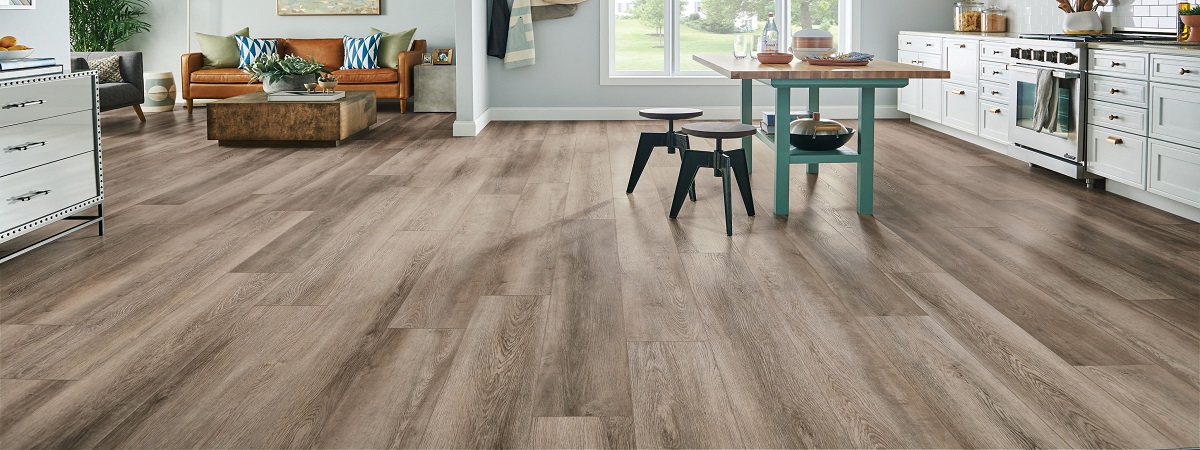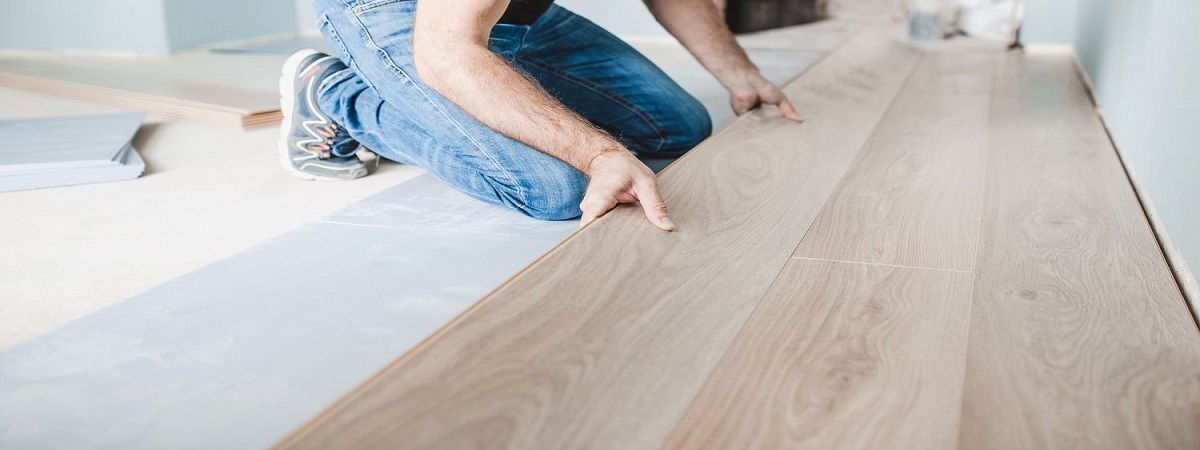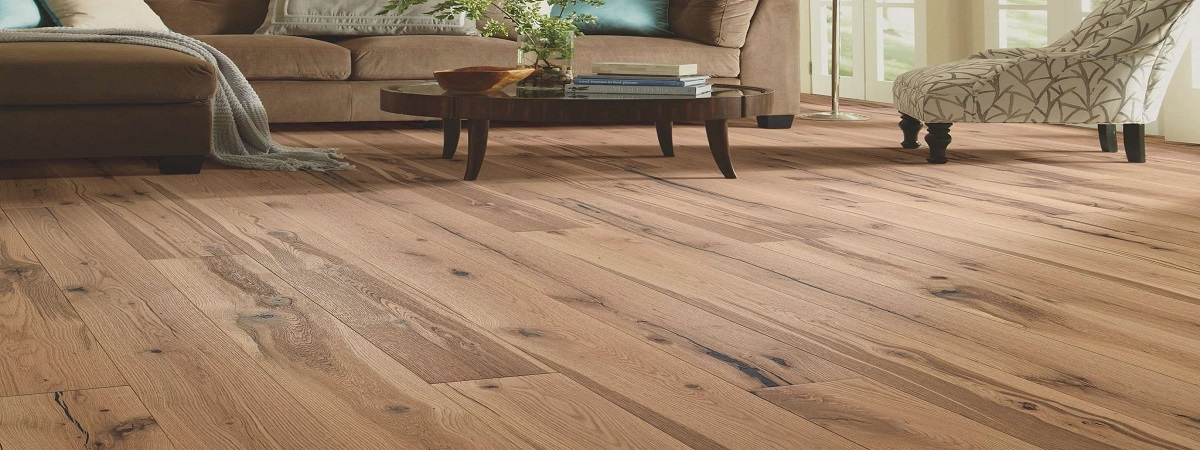
Flooring

Flooring

Flooring refers to the material or covering that is installed on the floor of a building to provide a walking surface. It plays a significant role in the overall aesthetics, comfort, and functionality of a space. Here's a description of common flooring types and considerations:
1. Hardwood Flooring: This classic flooring option offers a timeless and elegant look. It's made from solid wood planks or engineered wood, which is more resistant to moisture. Hardwood is durable and can be refinished, but it may require regular maintenance.
2. Laminate Flooring: Laminate is a cost-effective alternative that mimics the appearance of wood, tile, or stone. It's durable, easy to clean, and comes in various styles. However, it's not as resistant to moisture as some other options.
3. Tile Flooring: Tiles, made from materials like ceramic, porcelain, or natural stone, are versatile and available in a wide range of colors and patterns. Tile is durable, water-resistant, and easy to clean, making it suitable for kitchens and bathrooms.
4. Vinyl Flooring: Vinyl flooring comes in sheets, tiles, or planks and is known for its affordability, durability, and low maintenance. It's available in various designs, including wood and stone look-alikes.
5. Carpet Flooring: Carpeting is soft and comfortable underfoot, making it a popular choice for bedrooms and living rooms. It's available in numerous colors and textures. However, it can stain and may not be suitable for high-traffic areas.
6. Natural Stone Flooring: Materials like marble, granite, travertine, and slate offer a luxurious and unique appearance. Natural stone is durable but may require sealing to prevent staining and damage.
7. Concrete Flooring: Polished or stained concrete provides an industrial and modern aesthetic. It's durable and easy to clean, making it suitable for both residential and commercial spaces.
8. Bamboo Flooring: Bamboo is an eco-friendly and renewable flooring option. It has a similar appearance to hardwood and is known for its strength and sustainability.
When choosing flooring, consider factors such as the room's function, traffic levels, moisture levels, and your design preferences. Each flooring type has its advantages and disadvantages, so it's important to select one that suits your specific needs and budget. Additionally, proper installation and maintenance are crucial to ensure your flooring remains in good condition for years to come.
Excellent Service
Job Performance
Competitive Pricing